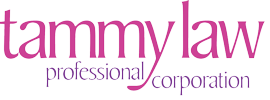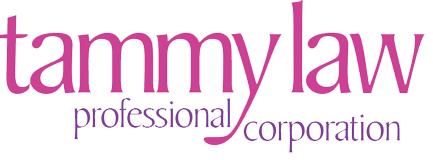During the pandemic, access to the courts remains critical for families and child protection litigants in the family court system. On July 6, 2020, courts across the province began the process of physically reopening. While the reopening looks different in every courthouse, all courts in the Superior Court of Justice and the Ontario Court of Justice expect to be open by November 1, 2020.
This does not mean that all courts are open as usual: Cases will continue to be heard by telephone or video conferences as well as in person. Court directives are set regionally, so it is important to contact your local court for more information. You can find a list of all court re-openings here:
- For the Superior Court of Justice: https://www.ontariocourts.ca/scj/notices-and-orders-covid-19/notice-june-25-2020/
- For the Ontario Court of Justice: https://www.ontariocourts.ca/ocj/covid-19/covid-19-family-matters/
Even if your matter is being heard by a court scheduled to reopen, that does not mean your next attendance will occur in person. Both the Ontario Court of Justice and the Superior Court of Justice continue to limit the number of matters that are heard in person. At the Ontario Court of Justice, only select matters can proceed in person. For child protection, these include settlement and trial management conferences, trials, and summary judgement motions. For family law matters, these include settlement and trial management conferences, urgent trials and focussed hearings as determined by the court.
You will be contacted by the Court if your matter is scheduled to proceed in person. The courts continue to ask the public not to attend court unless they have a scheduled appearance or are unable to send in necessary documents electronically.
As part of the return to operations plan, each courthouse is implementing health and safety measures to reduce the spread of COVID-19 and to ensure the safety of the public, litigants, and court staff. Any person attending the court in person, including lawyers and litigants, are required to complete the screening tool available here https://covid-19.ontario.ca/courthouse-screening/ to assess COVID-19 symptoms. Physical barriers, sanitizing stations, and other protection mechanisms are installed in the courts and all persons in the court are required to wear face coverings.
Although the courts are physically reopening, virtual or remote court remains an essential tool for family and child protection litigants. The majority of family and child protection court attendances continue to occur remotely via teleconference or via zoom. If your matter is being held by teleconference, be sure to follow any directions or guidelines for remote attendances, and obtain any call-in information well in advance. Prepare for the remote attendance as you would an in-person attendance, including ensuring you attend early and are in a private location.
Whether your attendance is in person or remote, be sure to check the practice management guidelines when preparing to file your documents. You can find a list of the up to date COVID-19 practice directions for the Superior Court here.
If you are unable to find your court’s practice directions, or if you are unable to email your documents, contact your legal counsel or your local court to review your other options.
Navigating the court system and ascertaining your rights during the pandemic is challenging. It is important to consult with a lawyer to assist you in pursuing and enforcing your legal rights.


Comments are closed.